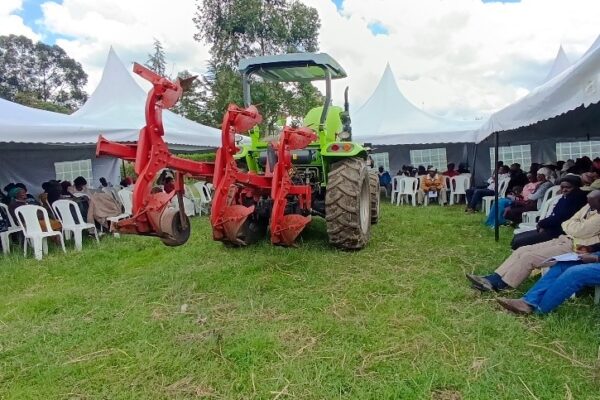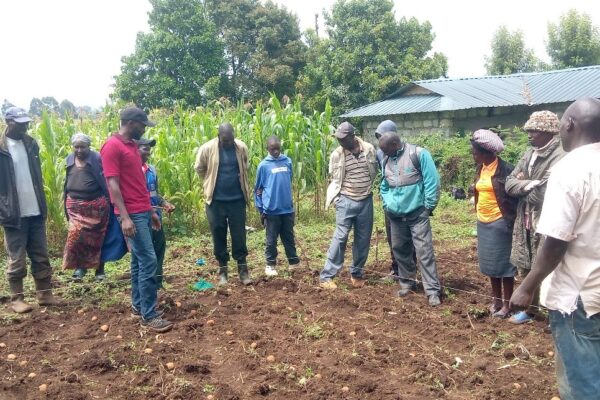The Irish Potato Regulations 2019 were officially re-launched during the International Day of the Potato, under the theme ‘Enhancing the Adoption of Potato Regulations for a Sustainable and Resilient Potato Industry.’ During the launch, the Principal Secretary, State Department of Agriculture, reaffirmed government commitment to support enforcement of the regulations. He also directed that county executive members hold immediate discussions to harmonize their implementation across the country. A follow-up meeting with potato-producing and marketing counties was later held in August 2025, where leaders agreed to align on enforcement strategies and strengthen county-level ownership of the regulations.
At this meeting, counties gave firm commitments to roll out the implementation roadmap, intensify awareness creation, and ensure compliance. The regulations are seen as a timely solution to address potato industry production and marketing challenges, while safeguarding farmer welfare and promoting a fair business environment for all players. One of the key challenges identified has been the slow commitment from marketing counties, and disjointed implementation efforts from the producing counties which has previously weakened enforcement. However, with counties now coming together, there is optimism that the regulations will improve standards, enhance accountability, and strengthen the potato value chain.
Moving forward, several strategies have been identified to accelerate the process. The trade department will be looped in to support enforcement and ensure smooth coordination with counties. County Executive Committee Members (CECMs) are expected to give public pronouncements through local stations, while the Principal Secretary will lead national messaging through television and other mainstream platforms. Awareness creation will also be scaled up through social media, farmer-centered video campaigns, and direct farmer sensitization activities, including events such as World Food Safety Day.
In addition, the Agriculture and Food Authority (AFA) will focus on building the capacity of cooperatives, beginning with Nakuru, while Cooperative Development Officers will undergo training to strengthen local structures. Roles and responsibilities of both farmers and traders will be clearly defined to promote accountability. The National Potato Council of Kenya (NPCK) will use its farmer database to reach groups directly, while political goodwill will be pursued through engagements with the Council of Governors and farmer forums. These combined efforts are expected to make the regulations practical, enforceable, and beneficial to all stakeholders in the potato industry.






